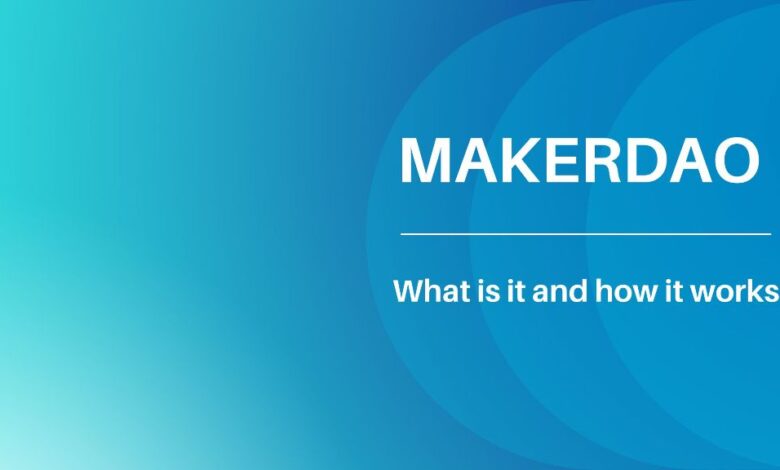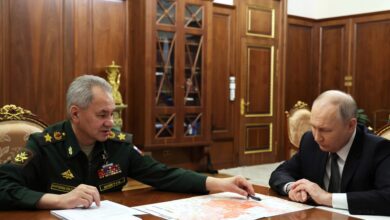MakerDAO and its Decentralized Governance

Decentralized finance (DeFi) has revolutionized the traditional financial system by providing a more open and accessible financial ecosystem. MakerDAO is one of the pioneers in the DeFi space, and it has developed a stablecoin called DAI. However, what sets MakerDAO apart is its unique governance system, which allows the community to have a say in the direction of the project. In this article, we will explore MakerDAO’s decentralized governance and how it works.
What is MakerDAO?
MakerDAO is a decentralized autonomous organization (DAO) that operates on the Ethereum blockchain. It was founded in 2014 with the aim of creating a stablecoin that is pegged to the US dollar. MakerDAO’s stablecoin is called DAI, and it is backed by collateral such as Ether (ETH) and Basic Attention Token (BAT). This means that for every DAI token issued, there is an equivalent amount of collateral held in a smart contract.
How does MakerDAO’s governance work?
MakerDAO’s governance is decentralized, meaning that decisions are made by the community rather than a central authority. The MakerDAO community is made up of token holders who have a say in the direction of the project. These token holders can propose, discuss, and vote on changes to the MakerDAO protocol.
MKR Token
The MakerDAO community is governed by the MKR token. MKR token holders are responsible for making decisions that affect the MakerDAO ecosystem. MKR token holders can vote on proposals such as changes to the stability fee or adding new collateral types.
Governance Process
The MakerDAO governance process follows a three-step process: proposal, discussion, and voting. Anyone can propose changes to the MakerDAO protocol by submitting a proposal on the MakerDAO forum. Once a proposal is submitted, it is open for discussion for two weeks. After the discussion period, the proposal is put up for a vote, and MKR token holders can vote on the proposal using their MKR tokens. If the proposal receives enough votes, it is implemented into the MakerDAO protocol.
Benefits of Decentralized Governance
MakerDAO’s decentralized governance has several benefits:
Community-driven decision-making
MakerDAO’s governance system is community-driven, meaning that the community has a say in the direction of the project. This ensures that decisions are made in the best interest of the community, rather than a central authority.
Transparency
MakerDAO’s governance system is transparent, meaning that all proposals, discussions, and votes are publicly visible. This ensures that the decision-making process is fair and transparent.
Flexibility
MakerDAO’s governance system is flexible, meaning that changes can be made quickly and efficiently. This allows the MakerDAO ecosystem to adapt to changes in the market and the needs of the community.
Challenges of Decentralized Governance
While MakerDAO’s decentralized governance has several benefits, there are also some challenges:
Slow decision-making
MakerDAO’s governance system can be slow, as it requires discussion and voting periods. This can be a challenge when quick decisions need to be made.
Low participation
Low participation in MakerDAO’s governance can be a challenge. While anyone can participate in MakerDAO’s governance, not everyone does. This can result in a small group of token holders making decisions on behalf of the entire community.



